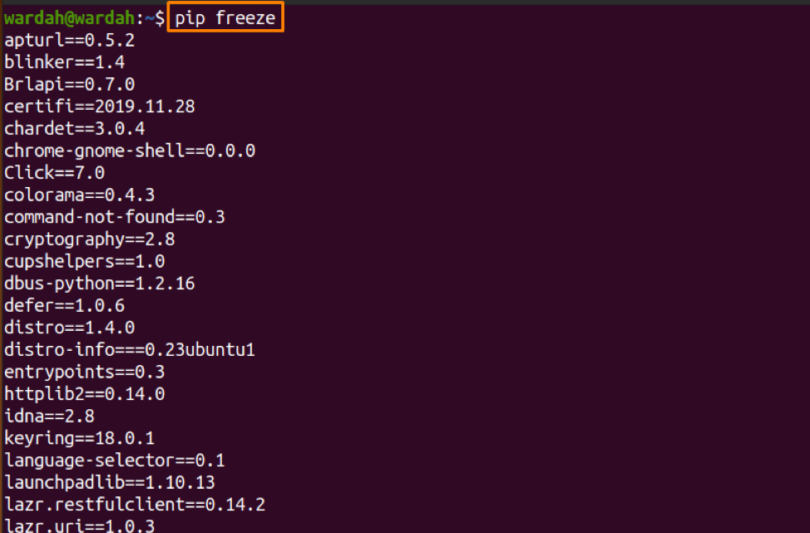
This is used to employ repodata that is smaller and reduced in time scope. Conda will try whatever you specify, but will ultimately fall back to repodata.json if your specs are not satisfiable with what you specify here. Specify file name of repodata on the remote server where your channels are configured or within local backups. override-channelsĭo not search default or. condarc channel_alias value will be prepended. You can use 'defaults' to get the default packages for conda. condarc are searched (unless -override-channels is given). These are URLs searched in the order they are given (including local directories using the ' file://' syntax or simply a path like '/home/conda/mychan' or './mychan').

Channel Customization -c, -channelĪdditional channel to search for packages. Target Environment Specification -n, -nameįull path to environment location (i.e.

Repeated file specifications can be passed (e.g. Read package versions from the given file. List of packages to install or update in the conda environment. To install Python 3.Usage : conda update Positional Arguments package_spec You can use an alternative Python version like Python 3.9 or Python 3.8. Here are the steps to follow: Step 1: Install an alternative Python version If you are encountering the "AttributeError: module 'collections' has no attribute 'MutableMapping'" error while using any pip3 command on Linux Python 3.10, you can try using an alternative Python version to fix the issue. Method 3: Using an alternative Python version With these steps, you should be able to fix the AttributeError: module 'collections' has no attribute 'MutableMapping' error and use the MutableMapping module in your Python code. The _init_ method initializes the dictionary with the given arguments, and the other methods provide the necessary functionality for a mutable mapping. This code creates a custom dictionary class MyDict that inherits from MutableMapping. store ) def _keytransform (self, key ) : return key store ) def _len_ (self ) : return len (self. store def _iter_ (self ) : return iter (self. store = valueĭef _delitem_ (self, key ) : del self. store def _setitem_ (self, key, value ) : update ( dict ( *args, **kwargs ) ) def _getitem_ (self, key ) : return self.

Class MyDict (MutableMapping ) : def _init_ (self, *args, **kwargs ) :


 0 kommentar(er)
0 kommentar(er)
